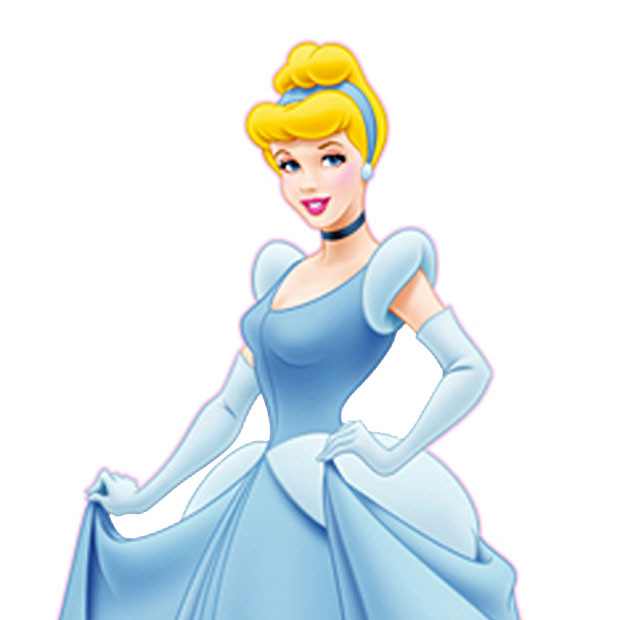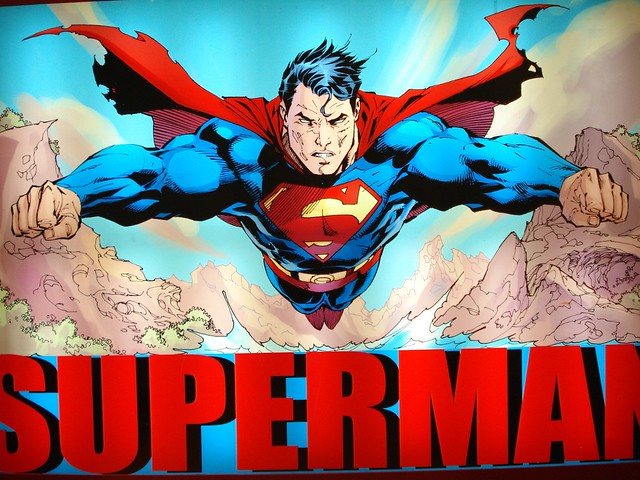Certainly
Dante's writing must have something to do with his popularity, but I think,
even more than that, it is the subject that he is writing about: Hell. I think
humanity has always been concerned with what happens to us to when we die. It
seems like every civilization of all-time has its own ideas of what happens to
us when we die. The ancient Egyptians, the ancient Greeks and many other
ancient civilizations are extremely concerned with the after-life. In fact,
they all have ways in which souls are judged for their time on earth. The good
souls, or those who lived virtuously on earth, receive some kind of eternal
reward in Heaven. On the other hand though, are those bad souls, who lived life
selfishly or violently on earth. These souls, unfortunately, receive some kind
of eternal punishment. Thus, Dante is so successful with Inferno, because he
gives us all a story that we naturally seem to care about: our eternity. We
love his description of Hell and all of the specific punishments for all the
different sinners, because, sub-consciously, I believe that we judge ourselves,
and imagine where we would go: Heaven or Hell.
Dante and Virgil face some Demons, source: Wikipedia


